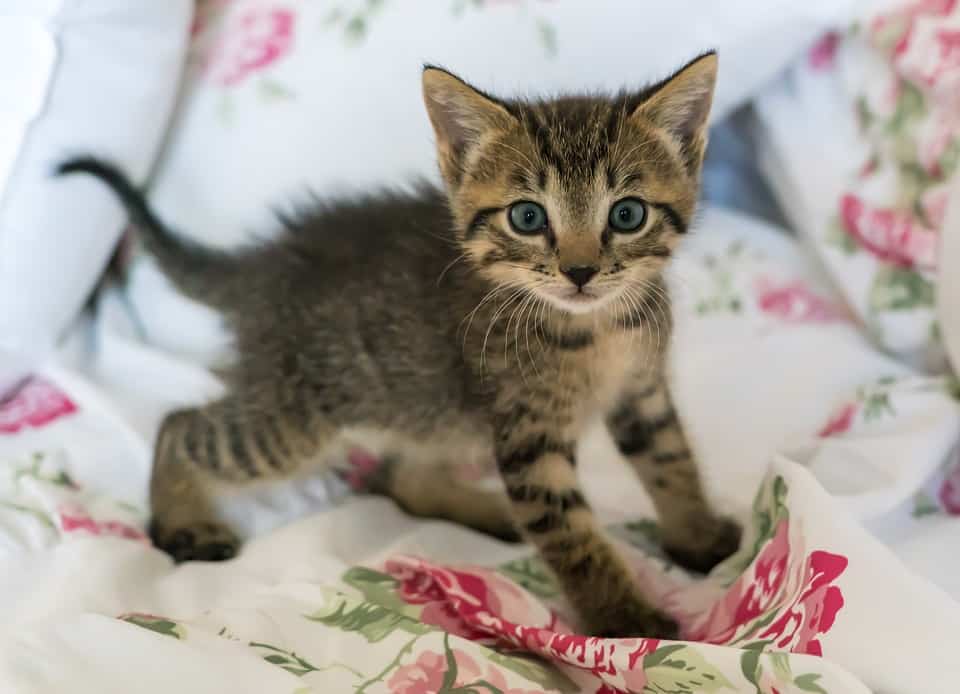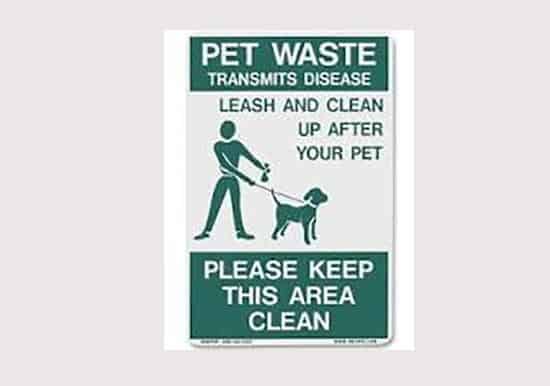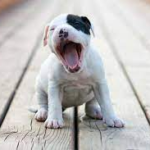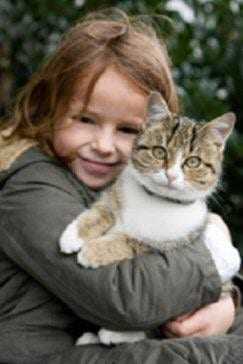
What is Socialization?
The word socialization is a bit misleading when taken literally. Socialization sounds like teaching a puppy or kitten how to socialize with other puppies or kittens. While these kinds of interactions help them learn to act like a normal dog or cat, this is only part of what socialization means and why it is important. It’s much more than learning how to interact with other animals of the same species. Domestic dogs and cats don’t live in the wild and need to take their cues from more than just their pack mates.
Socialization is getting puppies and kittens used to people, other animals, and experiences that they will encounter frequently in their adult lives. More than just conforming to dog and cat norms, it’s learning to accept everything around them, such as people, car rides, grooming, vacuum cleaners, noises, other animals, and other household pets. This involves gently exposing puppies and kittens to new things that they will deal with regularly as adults so that they can react confidently and appropriately rather than fearfully or with anxiety. Socialization is especially important for orphans because they received little if any interaction with their mother and family, and may have no basis at all for how to act around others.
Breed, health, and personality also play a factor in the way a pet behaves with others, even if properly socialized. Some dogs and cats are not as outgoing or social as others and do not enjoy spending time with big groups of people or animals. Socialization is not necessarily about teaching them to want these interactions, but more about teaching them how to handle themselves and communicate appropriately within their environments.
When to Socialize
Developmentally, the best time for socialization is between 3-14 weeks of age in puppies and 3-9 weeks in kittens. During this period growth, they form relationships and attachments easily. Their senses are more developed, they are more independent, and they are physically capable enough to interact with others. Start socialization efforts as early as possible within this time period to maximize their benefits.During this key socialization period, any experiences that occur will have long-lasting effects on a puppy’s or kitten’s future learning and interactions with others. Unfortunately, that means negative experiences will also have lasting effects. It is critical that this time period be positive and safe.
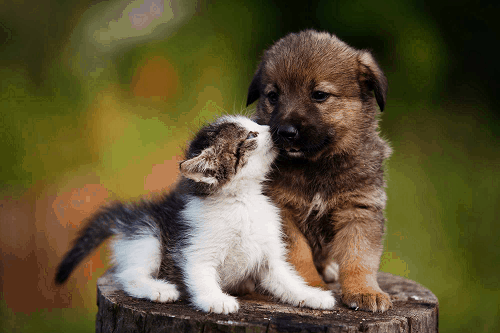
How to Socialize a Puppy or Kitten
Remember that the purpose of socialization is to have the puppy or kitten interact with other people, animals, and things in order to be comfortable with the environment in which they live. When socializing, it is important to minimize discipline or training. Don’t try to reinforce commands or proper behaviors because that takes your pet’s attention away from the new experiences. It is also important to balance play with these learning experiences.
Put your pet in situations that she may experience as an adult, such as car rides, being in a carrier, toys, grooming procedures, meeting other animals, meeting new people, and trips to the veterinarian. Introduce your puppy or kitten to new people, animals, and things in a nonthreatening manner, which means it’s not scary to the kitten or puppy. If your pet reacts with fear, you likely need to scale back the interaction to the level the puppy or kitten is comfortable. This could mean letting them watch instead of play, distracting them with treats, or moving them farther away from whatever they are afraid of until they become comfortable.
Never punish a fearful puppy or kitten if they are anxious during interactions. This is an important time in their development and creating fearful situations will only lead to more problems in the future. It is also fine for a pet to not interact during these times as socialization is a time for watching and learning; just remember to keep things relaxed.
Gently touch, hold or restrain, and physically interact with your pet every day. This is especially important at an early age because it helps your young pet become comfortable with humans and being handled, and it also helps to speed and enhance their physical and mental development. Puppies and kittens need to interact with non-family members (including children) so they get used to meeting and being around new people when they are adults. Handling your puppy or kitten should include gently touching the face, ears, and paws to make grooming and examinations easier. Restraining them means holding them in place gently and in a non-threatening manner so they can get used to being held and to promote calm demeanors for veterinary check-ups or grooming.
Some veterinary behaviorists suggest that during the socialization period a puppy or kitten should meet 5 to 10 new people each week and that they should experience being in a new place at least once a week. They should be exposed to new sights, sounds, tastes, and smells. Keep things positive and non-threatening with treats, toys, and affection.
What if my Puppy or Kitten Isn’t Fully Vaccinated?
Spending time with healthy, fully vaccinated animals should be safe for your puppy or kitten. You can arrange play dates with animals you know are vaccinated. However, try to avoid exposing your pet to an unvaccinated animal, such as at the dog park. This is especially true with young animals because they are more vulnerable to infections than adults.
Exposure to puppies and kittens who are not old enough to have received all their vaccines is considered by some to be a calculated risk. This means that while there is a risk for catching a disease, it may not be as much of a concern in the right setting. As an example, a study assessed the risk of infection for parvovirus in appropriately run puppy classes: puppies were otherwise healthy, the place was clean and sanitary, and all the puppies were up to date on vaccines for their age groups. Of 1,012 puppies studied, no increased risk for contracting parvovirus was found when compared with puppies not attending class.
Consequences of Not Socializing
Socializing puppies and kittens early within the socialization developmental period has been shown to decrease fear, aggression, and anxiety of new people, animals, or situations. Pets not properly socialized often have an increased sensitivity to new experiences. They are often fearful of people or other animals, even within their own species. This can result in avoiding people or other animals, anxious behaviors, or even hostility or violence towards others. Lack of socialization can also delay development and decrease the puppy’s or kitten’s ability to learn and make connections about social norms, including sleeping habits and where and when to find food. These issues can make it difficult for them to live easily with others and in some cases may lead to them being re-homed or sent to animal shelters.
Giving your new puppy or kitten (or young animal of any species) significant socialization during that critical stage will pay off handsomely by helping your pet become a confident adult.
